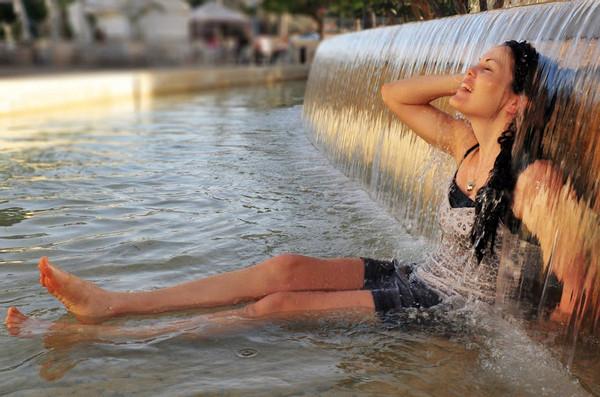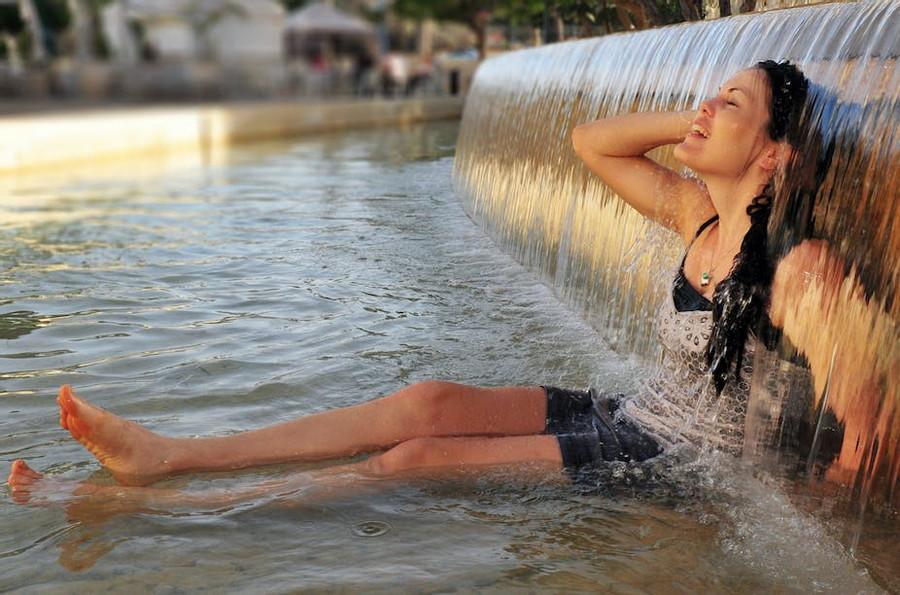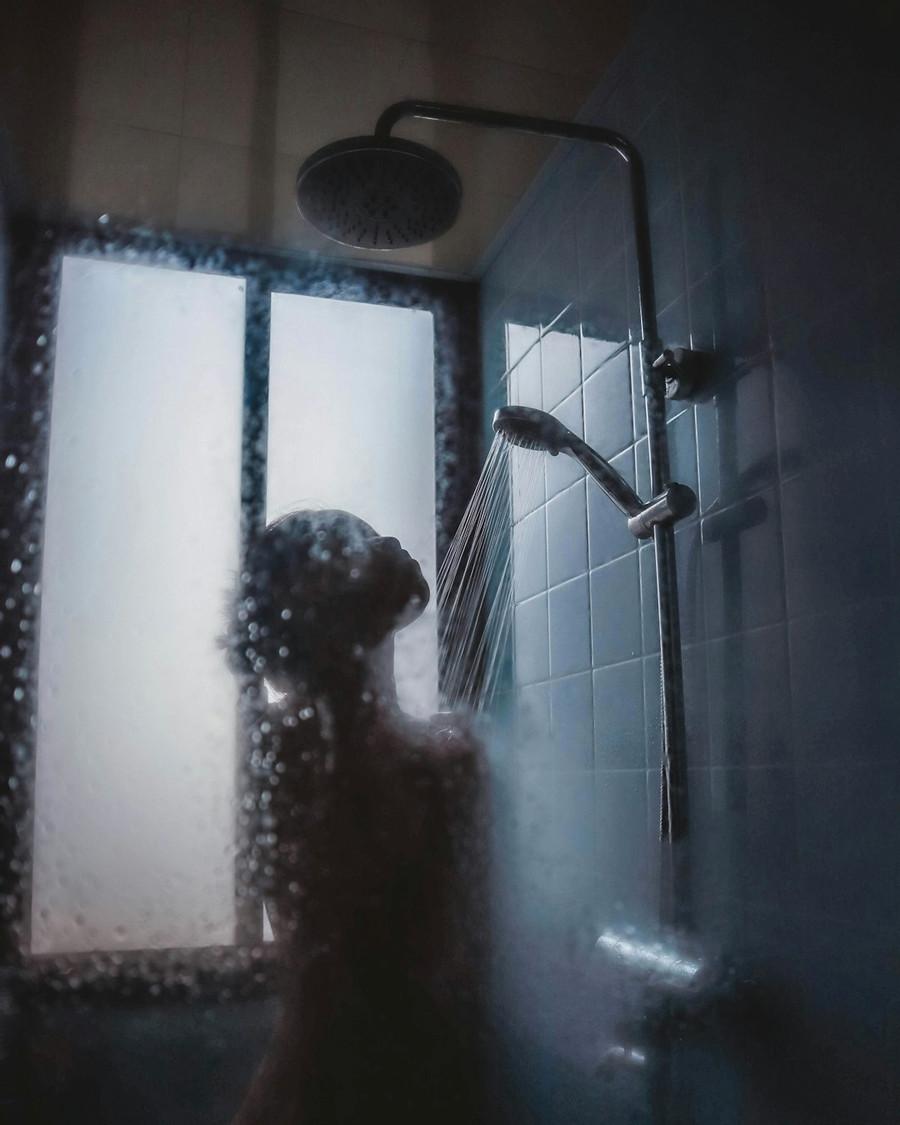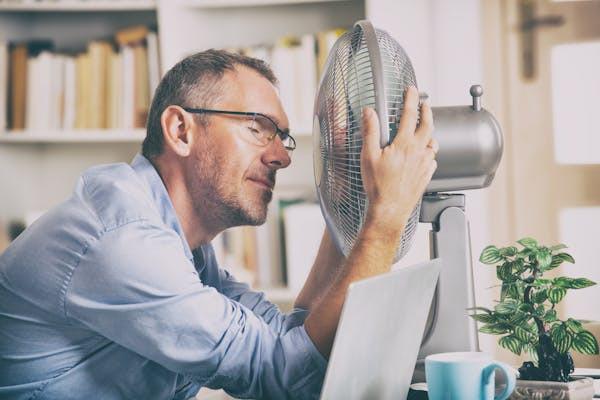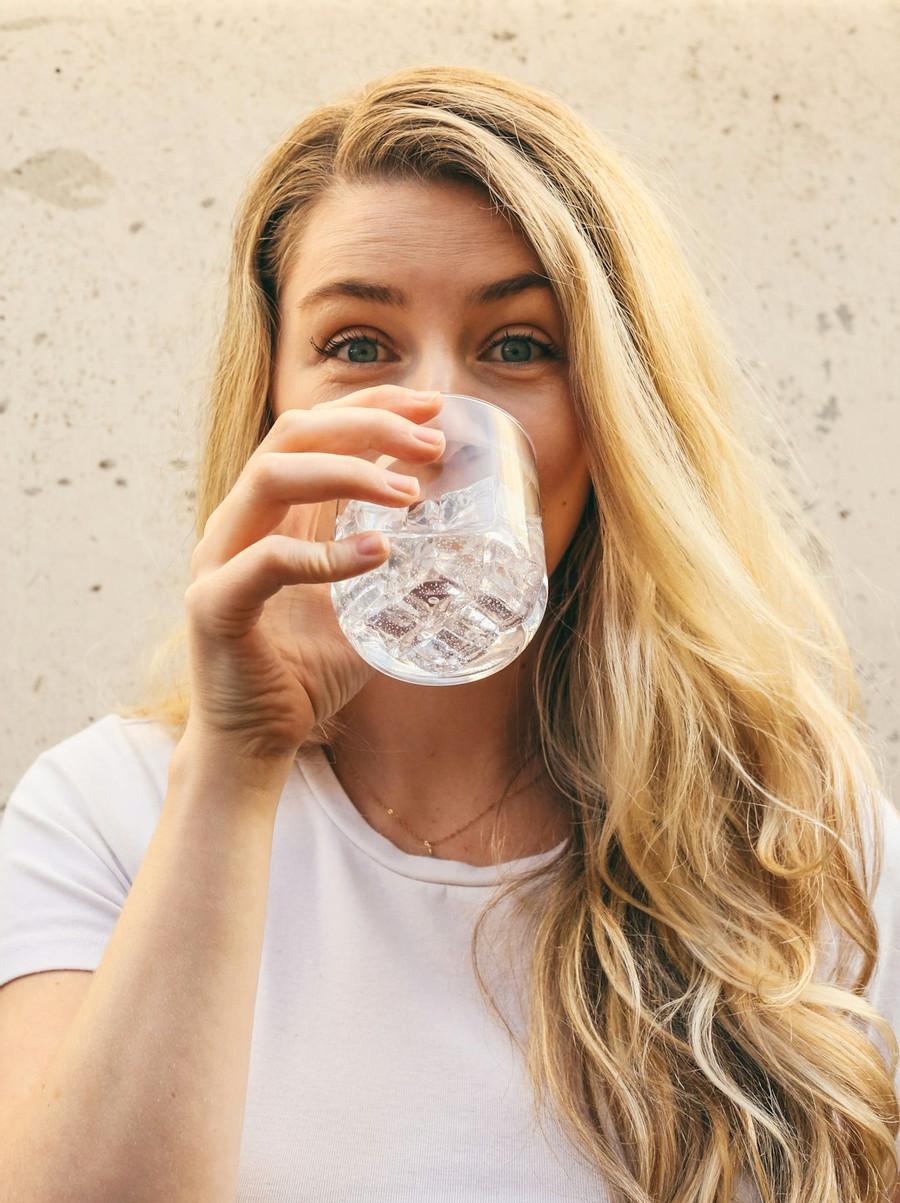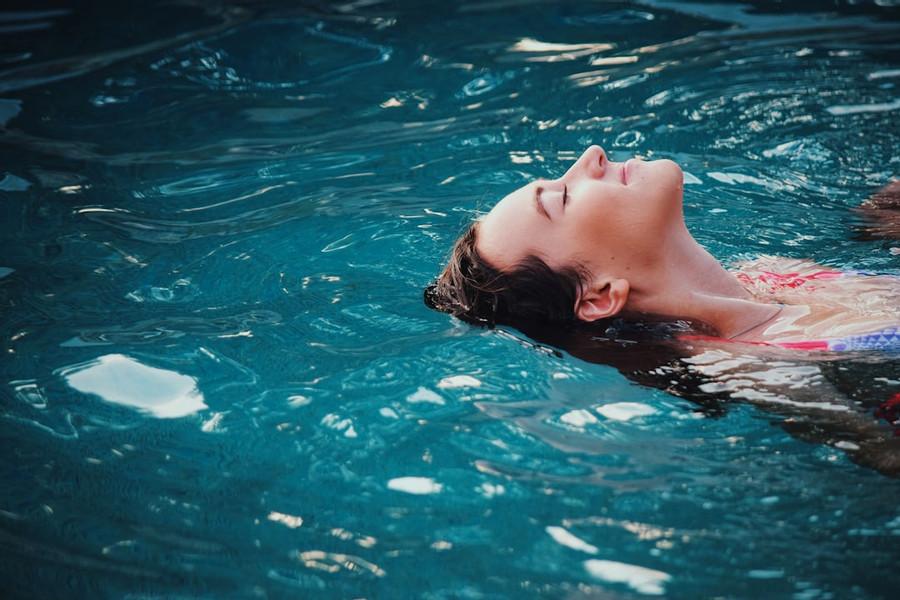Explore the World's Best Ideas
Join today and uncover 100+ curated journeys from 50+ topics. Unlock access to our mobile app with extensive features.
Hot Or Cold
Being too hot makes you unwell and can even kill you. Some people are more vulnerable to heat. People over 65, under five, pregnant women, those with medical conditions (such as heart disease and mental health conditions) and those who work outside need extra protection in hot weather. You can increase your tolerance to heat if you acclimatise slowly over time.
3
29 reads
Lukewarm Shower To Cool Down
Research shows that putting your feet in cold water is a good way to reduce core body temperature and keep your organs working. It will also help reduce swelling in your ankles and feet.
However, having a lukewarm shower or bath will cool you down faster and is the most effective way to cool down. Don’t be tempted to soak in freezing cold water as cold shock can be dangerous. In drought conditions, conserve water and concentrate on cooling either your feet, hands or neck and face.
3
22 reads
Fans Don't Work About 35 Degrees
The refreshing breeze from an air fan against your skin might feel good but it does not always cool you down. Fans can actually make you feel worse, especially in dry heat conditions, speeding up dehydration and heat illnesses. The guidance from the World Health Organization is that using a fan above in temperatures above 35°C will not reduce your chance of getting heat exhaustion and heatstroke.
3
25 reads
Drinking Warm Water
It is important to stay hydrated and replenish the minerals we lose when we sweat. On average in very hot conditions (high 30s) we sweat 3-4 litres per hour and up to 10 litres a day, the same as 40 cups of tea. For a short amount of time, hot drinks raise your core body temperature. But it induces sweating, which then lowers your temperature. Cold and ice drinks do cool you down too. It’s thought hot drinks might be slightly more effective than cold. Whatever the temperature, drink lots of fluid.
3
21 reads
Those Amazing Green Walls
Green walls and roofs not only look pretty but can cool the buildings beneath them by as much as 12℃, while green walls can be up to 32℃ cooler than conventional walls and save 59% of energy costs as well as providing sound insulation.
They cool flat-roofed buildings in summer and insulate them in winter, reduce the risk of flooding by soaking up rainwater, filter air pollution and provide refuges for rare and threatened wildlife – which can struggle with the heat too.
3
16 reads
Wild Swimming
Another way to beat the heat is wild swimming. But be aware of cold shock. Slowly submerge your body in the water, understand the limits of your swimming ability and the rules about where it is safe to swim, because many people drown in hot weather.
3
16 reads
Animals And Heat
Leaving fresh water dishes in your garden or balcony can make all the difference for wild animals. Birds and hedgehogs will appreciate the food you put out for them any time of year but during the summer the ground can harden, making it harder to forage. Plants also suffer from the heat. You can help by learning when the best time to water them is.
And watch out for pets. Do not leave them (or people) in cars. It is best to walk pets in the morning or evening when the pavement and ground surface is cooler.
3
14 reads
The Bottom Line
Climate change is driving a rise in heatwaves. One study showed that someone born in 1960 is on average likely to experience around four heatwaves, whereas someone born in 2020 is likely to experience 30 heatwaves with 1.5°C warming. We have a 50% chance of hitting this level in the next ten years.
So protecting yourself from heat may seem like common sense, but it could be the difference between life and death.
3
19 reads
IDEAS CURATED BY
CURATOR'S NOTE
Taking a lukewarm shower is better than a cold one to beat the heat!
“
Danielle West's ideas are part of this journey:
Learn more about health with this collection
Navigating and enjoying the thrill of horror and scare experiences
Historical knowledge of Halloween and its origins
Understanding and appreciating Halloween traditions worldwide
Related collections
Similar ideas
Read & Learn
20x Faster
without
deepstash
with
deepstash
with
deepstash
Personalized microlearning
—
100+ Learning Journeys
—
Access to 200,000+ ideas
—
Access to the mobile app
—
Unlimited idea saving
—
—
Unlimited history
—
—
Unlimited listening to ideas
—
—
Downloading & offline access
—
—
Supercharge your mind with one idea per day
Enter your email and spend 1 minute every day to learn something new.
I agree to receive email updates
